40th WEDC Conference: Local Action with International Cooperation to Improve and Sustain Water, Sanitation and Hygiene (WASH) Services
Where: Loughborough University, UK
When: 24-28 July 2017
CLTS Foundation to participate in the 40th WEDC Conference in UK
CLTS Foundation will be participating in the upcoming 40th WEDC conference from July 24th -28th to be held in Louborough University, UK. We have been selected for the following two events at the conference :
- Paper presentation: Impact of CLTS on women’s health in urban slums – A case study from Kalyani Municipality in india
Presented by: Preetha Prabhakaran – Programme Manager, CLTS Foundation
This paper documents the impact of Community-Led Total Sanitation (CLTS) on women’s health in urban slums of Kalyani Municipality in the state of West Bengal. Kalyani went on to become the first open defecation free (ODF) town in India. Women’s health in this study was viewed not only in terms of reduced disease burden but also improvements in their social and psychological well-being. CLTS was introduced in Kalyani slums in the year 2006 as part of the Community-led Health Initiative (CLHI) pilot programme under urban services for the poor. Kalyani achieved ODF status in 2009 through local community action that compelled the entire community to stop open defecation. This was in sharp contrast to the earlier approaches of toilet provision, which had failed to ensure ownership or usage by the community.
This qualitative study conducted in two slums of Kalyani in the year 2015, also looked at how the process had empowered women and the role of the external environment in stimulating and supporting the change process. The study findings indicate that improved sanitation reduced the disease burden on women and their families, increased their safety and enhanced their social status. It was found that women played a lead role in initiating and driving sanitation and hygiene behaviour change in their communities, placing them in leadership roles and involving them in the decision- making process. Greater consciousness about sanitation had led to an improvement in other living conditions and other collective efforts in both the slum communities such as demanding access to electricity and water from the Municipality.
2. Half day capacity building workshop: CLTS Rapid Appraisal Protocol (CRAP) – A tool for taking CLTS to scale
Facilitators for the session: Kamal Kar, Preetha Prabhakaran, Mansoor Ali, Joydeep Dutta
The CRAP tool was jointly developed by CLTS Foundation and UNICEF Eastern and Southern Africa Regional Office. The tool is built on six building blocks for scaling up CLTS effectively within country sanitation programmes. The tool helps in taking stock of the status of CLTS programming in a country, identifies the programme’s strengths and weaknesses and helps the participants strategize a way forward. The workshop will help the participants learn about the basic tenets of the tool, its methodology, country experiences of tool application. The tool can be used by policy makers and practitioners of sanitation programmes as a M&E tool to assess the status and health of sanitation programming in respective countries. This tool contributes to demand generation for sanitation solutions to achieve universal sanitation.
Read more about CRAP:
Boosting sanitation progress and initiation of CLTS Rapid Appraisal Protocol (CRAP) in Eritrea
Extract from WEDC Conference Website:
The 40th WEDC Conference title reflects our vision and ambition – to learn from our shared experiences and achievements to support the sustainable delivery of WASH services through international cooperation.
The week includes three days to discuss and debate peer reviewed content, followed by two days of tailored capacity development workshops.
The programme at WEDC Conference structure incorporates a variety of innovative presentation and learning formats, which readily enable networking and facilitate collective learning. Typically attracting participants from research, practice and policy communities across more than 40 countries, this is truly a unique international event.
We are proud that more than 2,900 papers have been presented and published since the WEDC international conferences began in 1973. These provide an invaluable and unique resource for the water, sanitation and hygiene sector.
Our open access database experiences over 19,000 downloads of papers every month.
Why attend the WEDC Conference?
The WEDC Conference is a valued and respected platform which aims to support knowledge sharing, improve good practice and develop capacity for the water, sanitation and hygiene (WASH) sector. We include topics related to WASH in the broadest sense.
The week typically includes peer-reviewed paper presentations and discussion, capacity development workshops, an exhibition, side events and an exciting social programme, all designed to maximise interaction and networking opportunities.
This year we have a diverse range of interesting papers accepted and due to be presented Monday 24th to Wednesday 26th July inclusive. You can take a look at the (draft) book of abstracts of the papers here:
http://wedc.lboro.ac.uk/docs/c
The Contents page of the PDF is interactive so you can jump straight to the abstract you are interested in!
The capacity development workshops will take place on Thursday 27th and Friday 28th July. The timetable is now available here:
http://wedc.lboro.ac.uk/confer
Workshops can be booked either through the online registration and booking system or during the conference itself.
And finally, a reminder that the programme of side events is available here:
http://wedc.lboro.ac.uk/confer

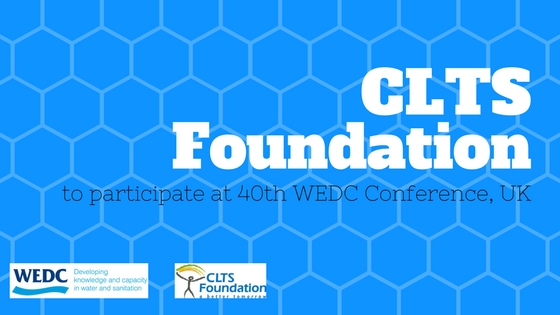
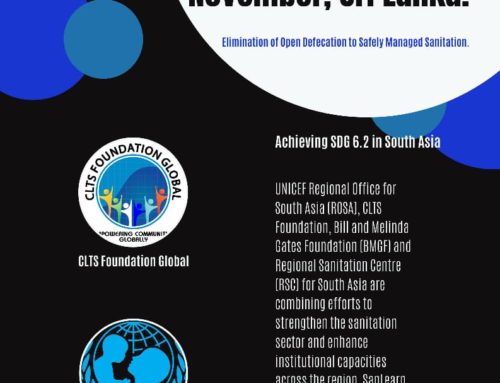
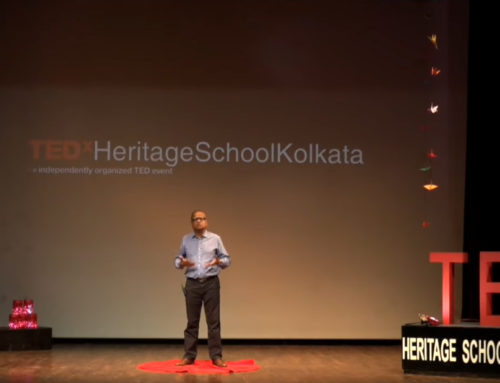
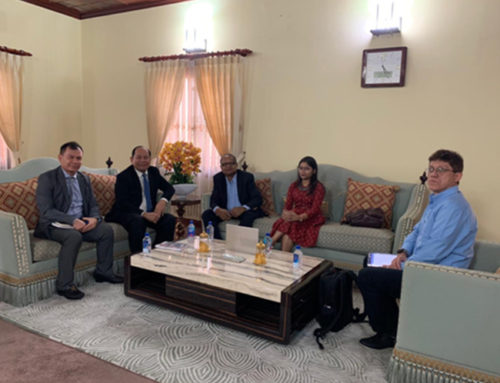
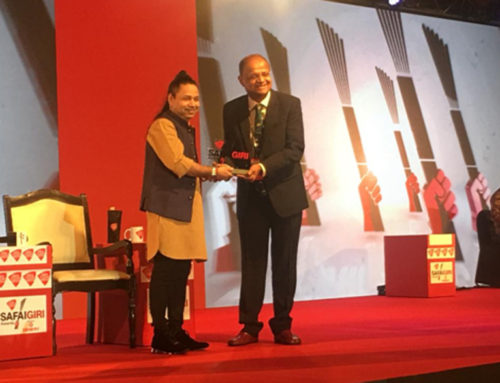

Leave A Comment